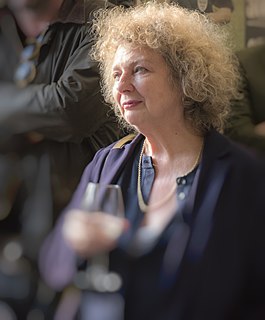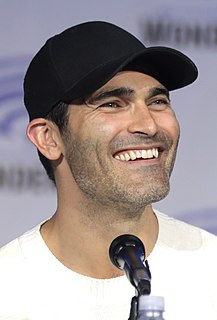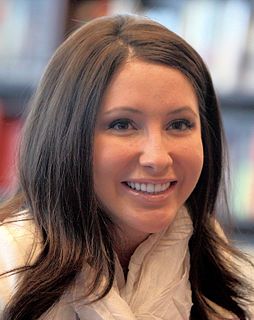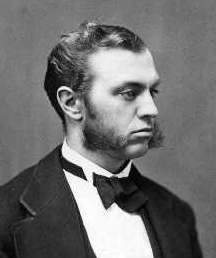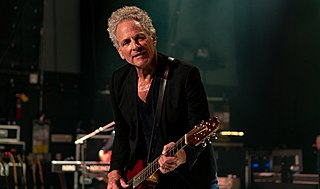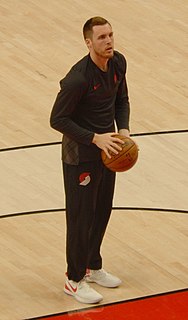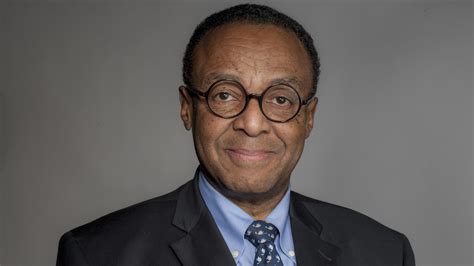A Quote by Seneca the Younger
A lesson that is never learned can never be too often taught.
Related Quotes
The lesson that Americans today have forgotten or never learned - the lesson which our ancestors tried so hard to teach - is that the greatest threat to our lives, liberty, property, and security is not some foreign government, as our rulers so often tell us. The greatest threat to our freedom and well-being lies with our own government!.
Liebig taught the world two great lessons. The first was that in order to teach chemistry it was necessary that students should be taken into a laboratory. The second lesson was that he who is to apply scientific thought and method to industrial problems must have a thorough knowledge of the sciences. The world learned the first lesson more readily than it learned the second.
I don't practice per se. I learned to play on my own, taught myself how to play. I've never really had a lesson, and I don't read music. So all the stuff that I do doesn't come from the normal set of disciplines that they teach you where you sit down and run through scales for a particular number of minutes a day.
I will say that the difference was that when you're an Army journalist, as opposed to a civilian correspondent covering the military, you're very often either a public relations agent or expected to perform that role. I would say that one of the most unexpected benefits of that job was being taught to never try to cover anything up, but rather to get any bad information out right away, so that there would be nothing more to come out later. This was a wonderful lesson to be taught because often the effort to cover up a story becomes a bigger story than the original one.


